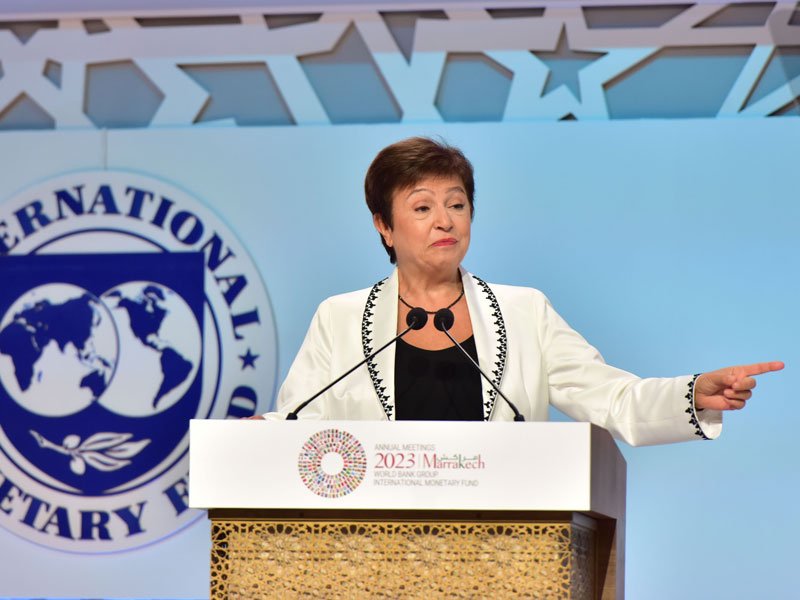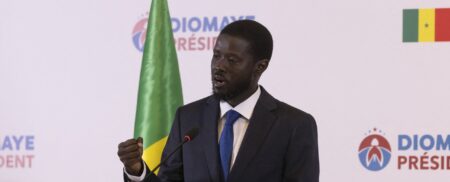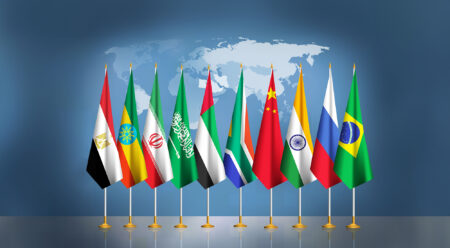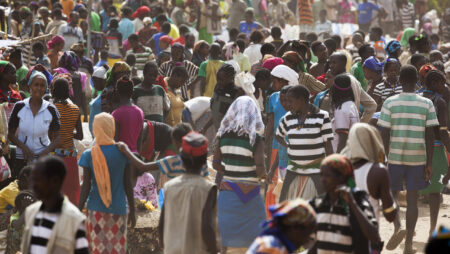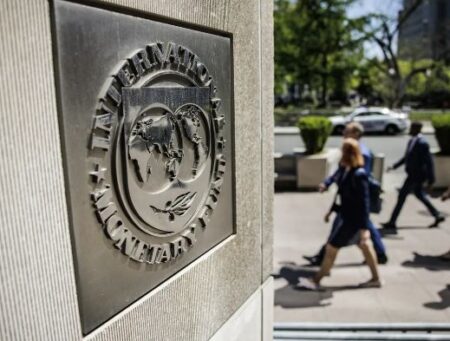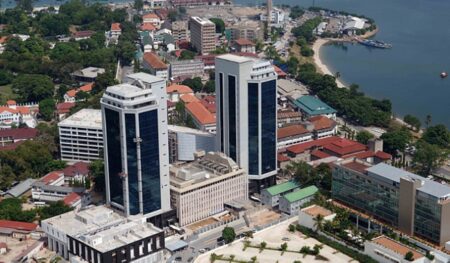- The complex relationship between struggling African economies and the IMF revolves around the necessity of bailouts and structural reforms to address economic crises while balancing the need for sovereignty and social welfare.
- Conditions imposed by the IMF aim to promote fiscal discipline, enhance economic stability, and ensure sustainable growth.
- The ongoing engagement with the IMF highlights the broader quest for a more equitable global financial system.
The International Monetary Fund (IMF) and its relationship with struggling African economies has been intricate and multifaceted. Often characterized by a mixture of dependence and resistance, this partnership comes to the forefront during periods of economic distress.
African countries, facing challenges such as debt, the aftermath of COVID-19, and external pressures such as the Russia-Ukraine conflict, have found themselves turning to the IMF for bailout assistance.
This dynamic has reignited discussions around the IMF’s role in fostering economic stability and growth through financial support and the imposition of structural reforms.
The IMF, seen as a financial lifeline, offers bailout packages to countries in dire need. However, these come with stringent conditions aimed at ensuring fiscal discipline and promoting economic reforms.
Since 2022, Egypt, Kenya, Ghana, Zambia, Tunisia, and Nigeria have experienced the IMF’s forceful return reminiscent of the structural adjustment programs of the 1980s and 1990s, which left a lasting impact on the continent.
Read also: AfDB in fresh $16M funding for youth, women in The Gambia’s agriculture
Bailouts targeting struggling African economies
The IMF’s approach to bailouts and economic assistance has evolved, with a current emphasis on not only addressing immediate financial crises but also safeguarding developmental gains.
The imposition of IMF economic reforms and structural adjustments demands significant changes from recipient countries. These reforms often include austerity measures, subsidy removals, tax increases, privatization of state entities, and enhanced fiscal management, aimed at stabilizing economies and fostering sustainable growth.
Ken Opalo, Associate Professor at Georgetown University’s Walsh School of Foreign Service, highlights the difference between past and present relationships with the IMF.
While the necessity for financial support from the IMF remains due to ongoing economic crises, there is now a greater focus on ensuring that the push for structural reforms does not come at the cost of essential social sectors such as education and healthcare.
The IMF’s involvement in African economies is not without its challenges. Countries like Egypt and Tunisia have found themselves in difficult positions, balancing the need for financial assistance with the desire to maintain sovereignty over their economic policies.
The case of Egypt, for instance, highlights the complexities of implementing IMF-demanded reforms, such as the privatization of state-owned companies and the adjustment of currency valuations, ahead of critical political junctures.
Furthermore, the resistance to some of the IMF’s conditions, such as the removal of food and energy subsidies, underscores the potential social and political ramifications of these reforms.
Tunisia’s negotiation for more favorable terms from the IMF, leveraging its strategic position to secure additional funding from the European Union, exemplifies the intricate dance between national interests and the demands of international financial institutions.
The future of IMF ties with African economies
The ongoing engagement between African countries and the IMF underscores a critical aspect of the global financial architecture. The continent’s push for reforms that would enable fairer, more accessible financing options reflects a broader desire for a more equitable financial system.
As African nations continue to navigate the complexities of debt management, economic reform, and sustainable growth, the role of the IMF remains a pivotal, though often contentious, part of the equation.
Ken Opalo’s call for African governments to improve their financial management and seek fairer terms in the global financial system highlights the path forward. As African countries strive for economic stability and growth, the balance between accepting IMF support and pursuing autonomous economic policies will continue to define the continent’s economic landscape.
The nuanced relationship between the IMF and African nations, marked by a blend of cooperation and contention, reflects the ongoing challenges and opportunities in achieving economic resilience and development.
As both parties work towards mutual goals of stability and growth, the dialogue around structural reforms, financial assistance, and sustainable development remains more relevant than ever.
The engagement between the IMF and African nations encapsulates a crucial endeavor to navigate economic upheaval while striving for prosperity and sustainability. This collaboration, while complex, highlights the IMF’s pivotal role in providing bailout assistance and advocating for IMF structural reforms aimed at bolstering economic resilience.
The necessity for IMF bailouts becomes particularly pronounced as African countries grapple with multifaceted challenges. From burgeoning debt levels exacerbated by global shocks such as the COVID-19 pandemic and geopolitical tensions to internal inefficiencies and governance issues, the pathway to economic stability is fraught with obstacles.
The IMF, through its economic support mechanisms, plays a critical role in addressing these immediate financial crises, offering not just bailouts but also a roadmap for recovery predicated on comprehensive IMF economic reforms.
In recent years, the IMF’s strategy has increasingly recognized the importance of not merely imposing conditions but also supporting developmental objectives that align with the long-term well-being of the African populace.
This approach suggests a shift towards understanding the socio-economic fabrics of African countries and the need for reforms that do not compromise essential services or exacerbate inequality. By insisting on IMF structural reforms, the Fund aims to create environments where economies are not just stable but are also inclusive and poised for growth.
Such IMF economic reforms often touch on crucial aspects like enhancing government revenue through tax reforms, rationalizing public expenditure to reduce wastage, and promoting private sector development as a catalyst for economic diversification and job creation. Additionally, the emphasis on improving fiscal management and transparency seeks to build investor confidence, which is indispensable for attracting sustainable investments.
Read also: How irrigation in Africa can unlock the continent’s agricultural potential
Relationship between the IMF and African nations
The relationship between the IMF and African nations, characterized by seeking bailout assistance and implementing structural reforms, highlights a crucial phase in the continent’s economic development narrative.
By working collaboratively towards refining these engagements, there is a promising avenue for achieving sustainable economic growth and reducing the vulnerability of African economies to future shocks.
The ongoing dialogue between the IMF and its African partners will undoubtedly shape the trajectory of the continent’s economic fortunes, with the shared goal of creating a more prosperous and stable future.





